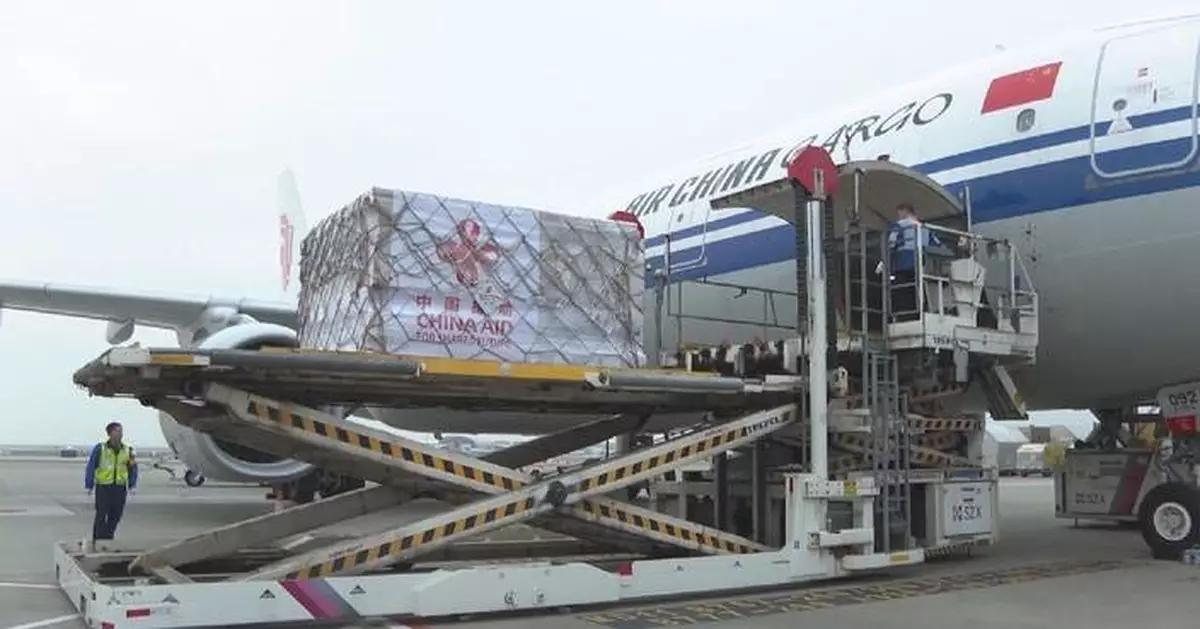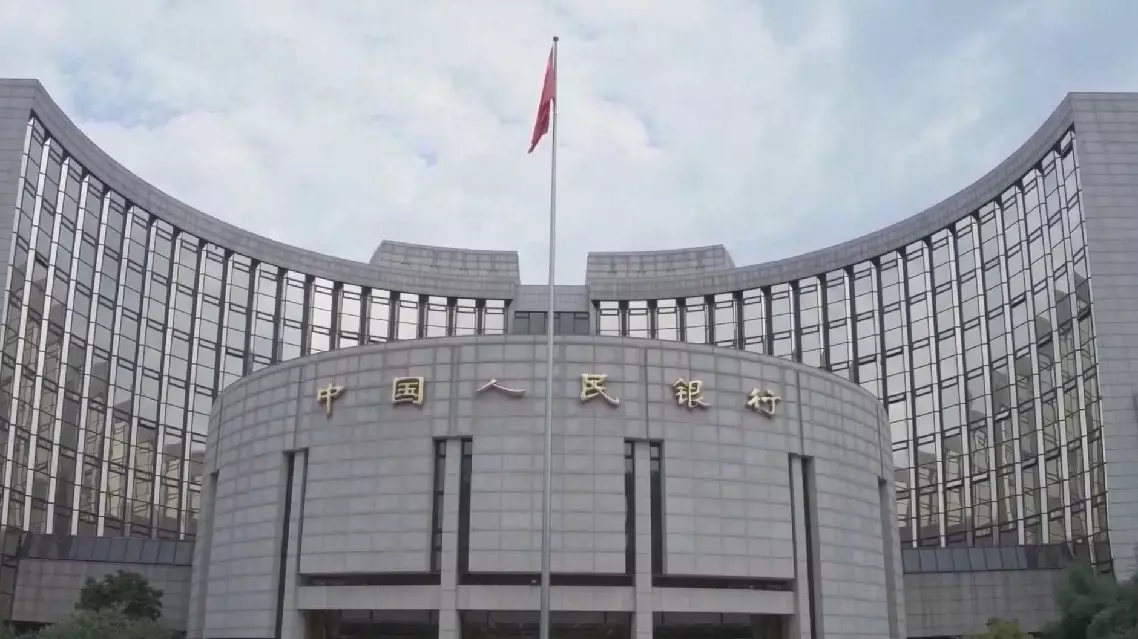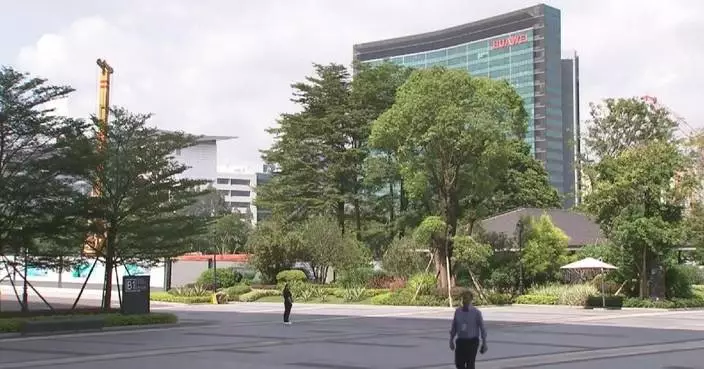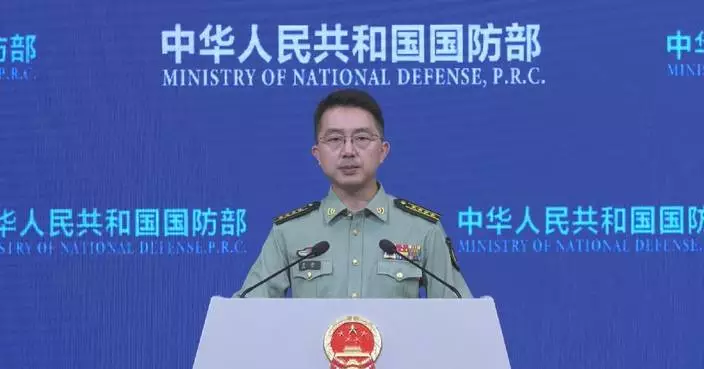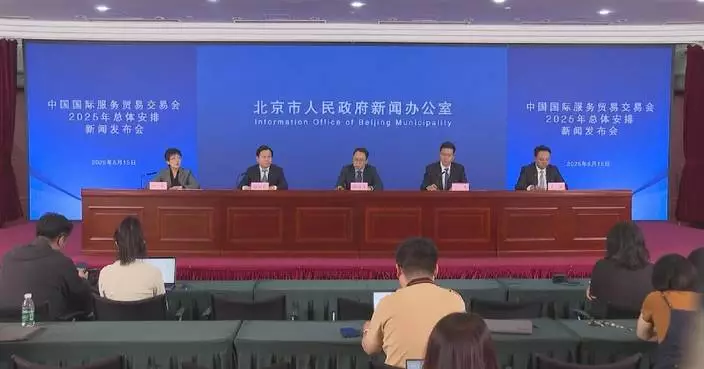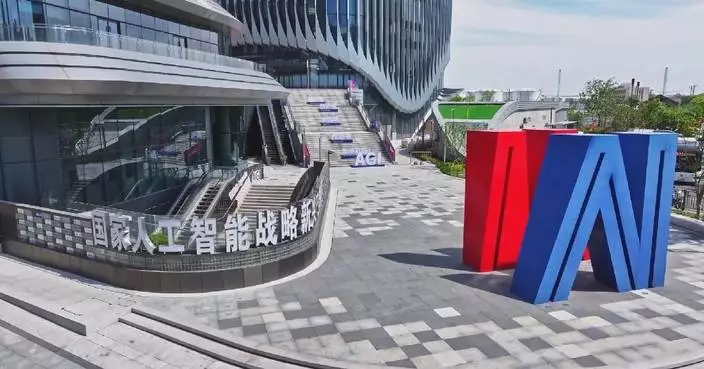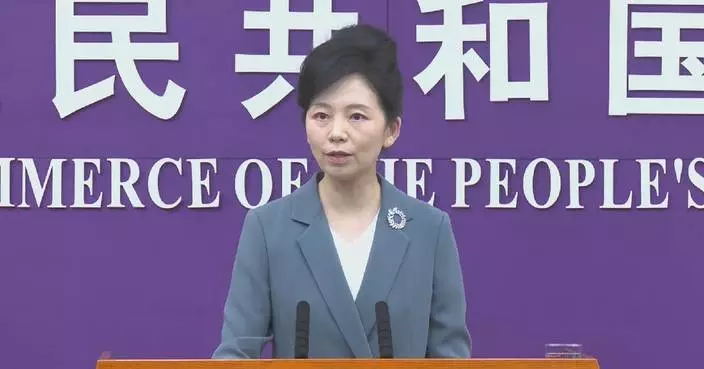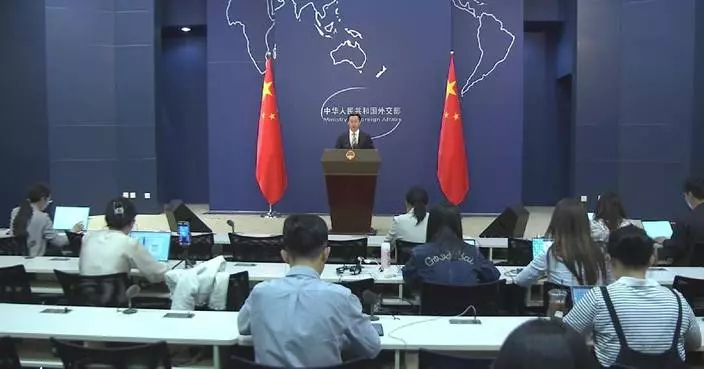Vanuatu's Ambassador to China Nguk Yang Dennis Nai has expressed his gratitude to the Chinese government for its timely humanitarian aid, which he said will play a crucial role in helping the Pacific Island nation rebuild and recover from the devastating earthquake that struck last month.
On Dec 17 last year, Vanuatu was hit by a powerful 7.3-magnitude earthquake which killed 14, injured more than 200, and severely damaged the country's urban infrastructures.
A Chinese cargo plane arrived in Vanuatu's capital Port Vila on Thursday, bringing much-needed relief supplies, including tents, folding beds, water purification systems, non-perishable instant food, and essential medical equipment.
In an interview with the China Global Television Network (CGTN), ambassador Nai extended his thanks to China for its support.
"We are very glad to have a friend like China. It was the first one to respond. On the very next day, they have donated to my country 10,000 U.S. dollars. Three days later, the Red Cross (Society of China) gave 100,000 U.S. dollars to our Red Cross. And also two days later, the Chinese government has helped us with another million dollars in USD. On top of that, there was a plane that arrived yesterday (Jan. 1) from Shenzhen. It comes with 35 tons of aid and very importantly, there are four engineers to help us evaluate the worthiness of the building. On top of that, we have medical supplies (from China), abundant medical supplies that in normal times is good for one year. So, this come in very needy times, it is a great help from the Chinese government and not only from government to government, even from people to people. There were lots of people that donated money to help us out through this disaster. Not only from companies, but even from the private sector too," he said.
In addition to the current disaster relief, Nai also said Vanuatu looks forward to deepening cooperation with China in disaster prevention and mitigation, particularly against the backdrop of intensifying climate change.
"Vanuatu is located in the South Pacific. Because of climate change, we have lots of challenges every year, earthquakes, typhoons, during the cyclone seasons, but whenever there are things like these, China is always there for us. This modern-day technology from China is very helpful to the people of the Pacific islands. It's not only helpful to Vanuatu, but the whole Pacific," he said.
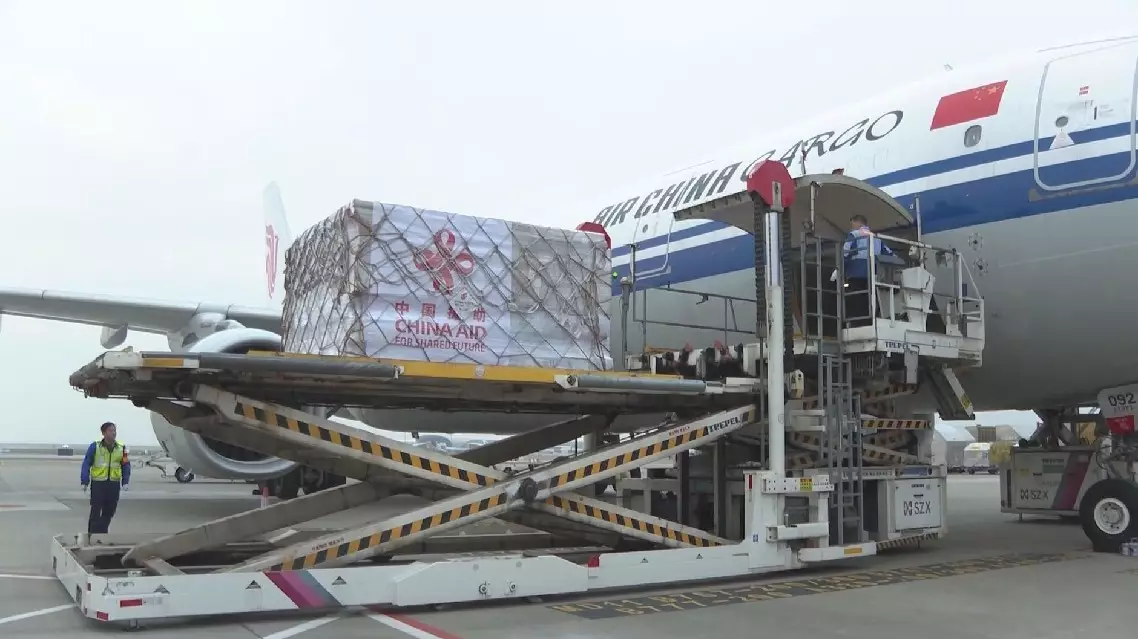
Vanuatu ambassador hails China's earthquake relief efforts


